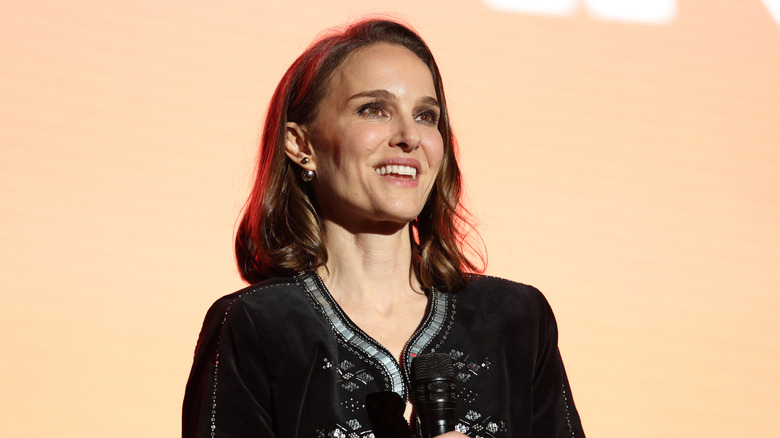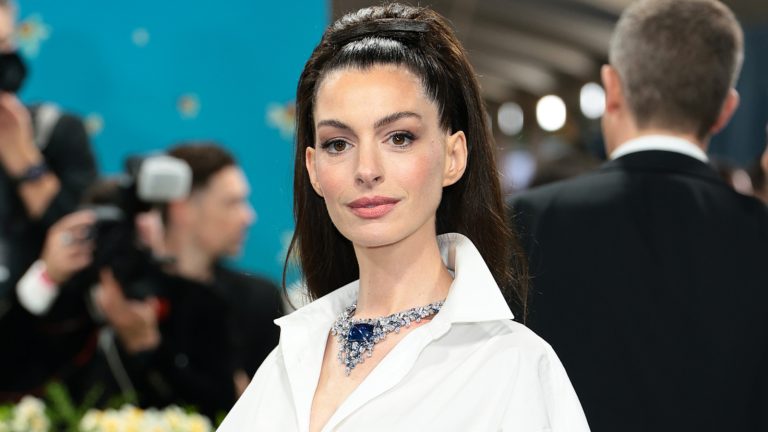Book Appointment Now
Reese’s Book Club has feel-good reads with big screen ambitions
Reese’s Book Club is, by now, a finely-tuned cultural machine. Launched in 2017 under her Hello Sunshine media company, it blends savvy business strategy with a feel-good mission: to amplify stories by and about women. Each monthly pick is carefully selected for its strong female lead, with Reese herself describing it as a way to champion women’s voices in an industry that has, historically, sidelined them.
But don’t mistake the pretty book covers and sunny Instagram posts for fluff. The books Reese chooses tend to explore rich, emotional, and sometimes heavy terrain. “The Nightingale” by Kristin Hannah, for example, is a wartime epic of sisterhood and sacrifice — and incidentally the highest rated Reese’s Book Club pick of all time. That said, she’s partial to a breezy poolside pick — like “Beach Read” by Emily Henry — or a romantic read.
What all her picks share is readability. They’re accessible and shareable, and she knows they’re likely to get people talking. What’s more, readers can usually look forward to a screen adaptation close behind them. Witherspoon’s business model makes this seamless: she promotes the pick to her millions of followers, Hello Sunshine secures the rights, and soon enough, it’s in production. “Big Little Lies,” “Little Fires Everywhere,” “Where the Crawdads Sing,” and “Daisy Jones & The Six” all began here.
For readers looking for satisfyingly dramatic arcs and a healthy dose of escapism, all wrapped in a pretty cover and destined for your watchlist, Reese’s Book Club delivers every time.
Natalie Portman’s book club is for the contemplative reader who loves to learn
If Reese Witherspoon’s book club is built for bingeing, Natalie Portman’s is designed for reflection. Known to her Instagram followers as Nat’s Book Club, the “Black Swan” star sidesteps mass appeal for something more introspective. She carefully curates selections that invite serious thought and sustain complex conversations. This is a club for readers less interested in consensus than in contemplation. In other words, the self-identified “thought daughters.”
Portman’s taste skews global, political, and psychologically probing. She shares each pick with a short, contemplative caption, sometimes accompanied with an author interview, or a musing on why the book struck her. Her choices are consistently discerning and ambitious. The best picks from Portman’s Book Club reflect this sensibility. There’s “Women Without Men” by Iranian feminist Shahrnush Parsipur, a surreal novella once banned in its country of origin. There’s also Anne Berest’s “The Postcard,” an excavating hybrid of memoir and detective work unravelling a Jewish family’s fate in Nazi-occupied France. Kaveh Akbar’s “Martyr!” was Portman’s February 2023 pick — the poet’s kaleidoscopic novel that grapples with questions of faith, addiction, and the disorientation of living between Iranian and American cultures.
Where Wetherspoon builds a reading community around branding, accessibility and adaption, Portman offers something more austere, encouraging slow reading and deep contemplation. Her picks remind us that there can be more to literature and bookish communities than mere escapism. If you’re the kind of bookworm who underlines sentences and doesn’t mind rereading the same dense paragraph three times to extrapolate meaning, this will be your oasis.









